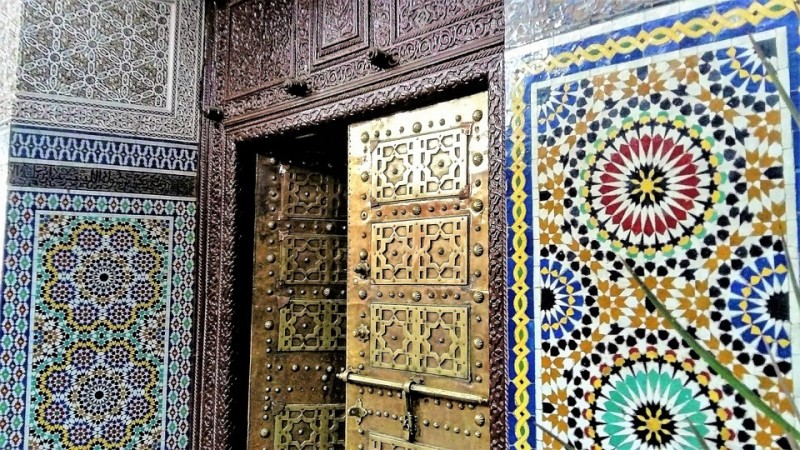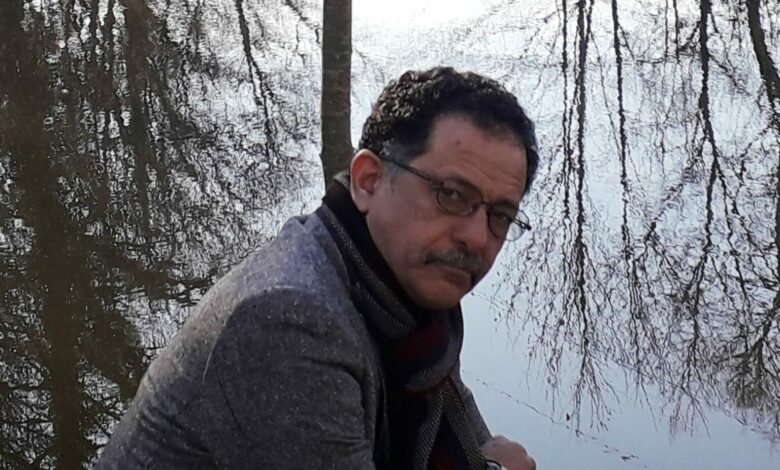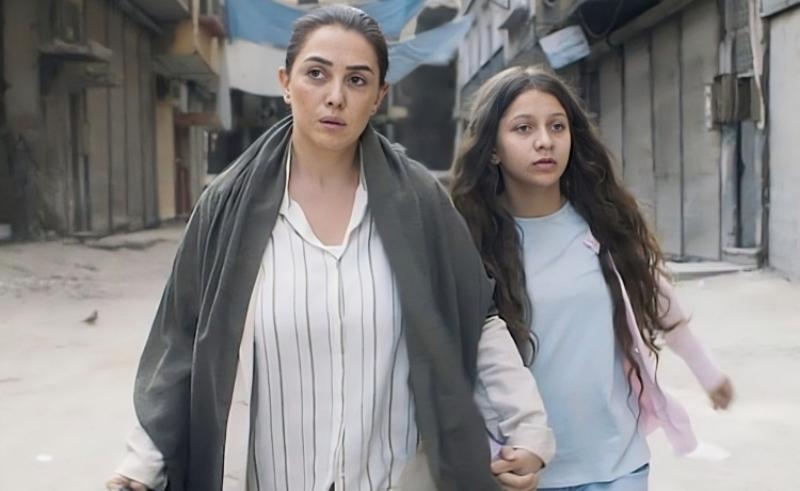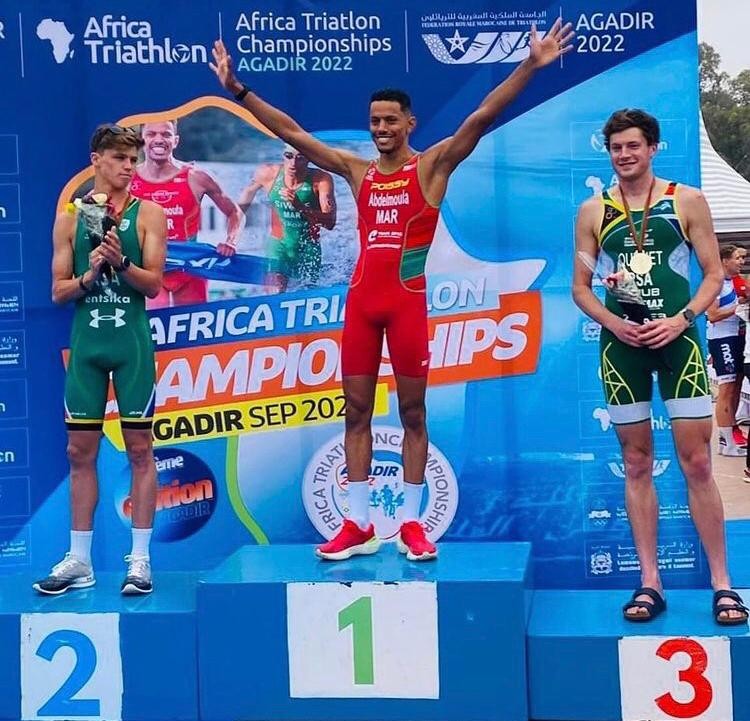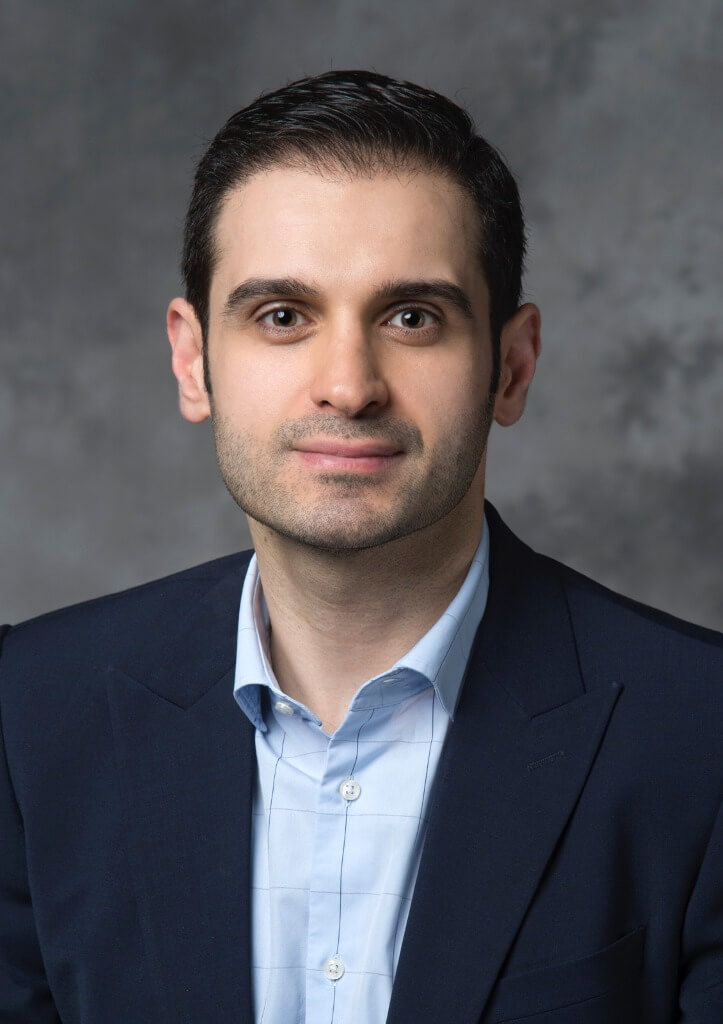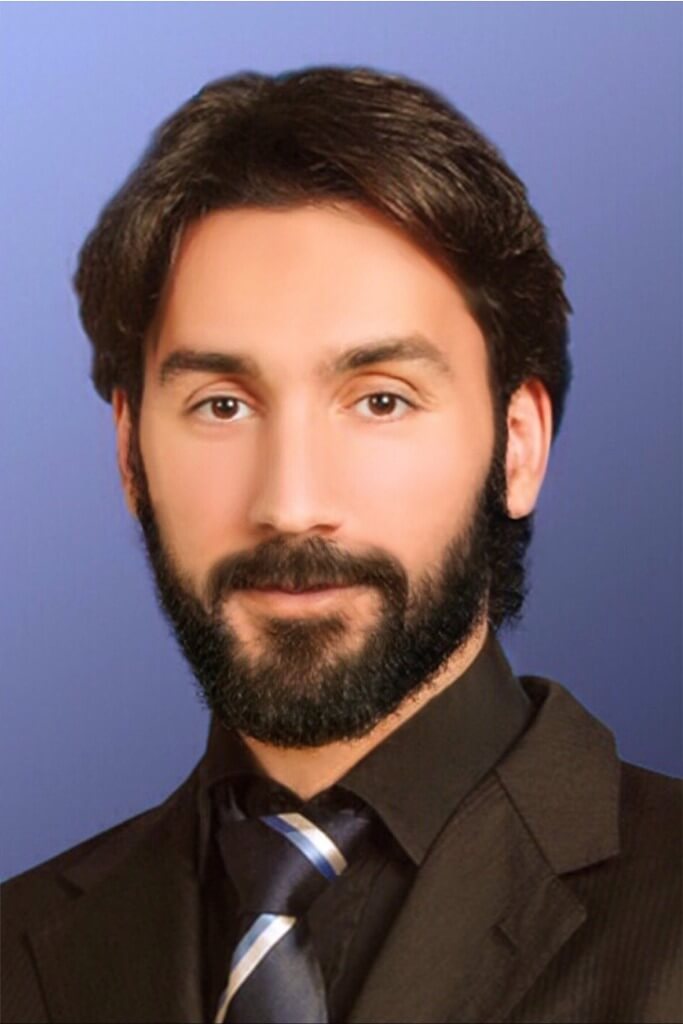The film’s soundtrack was provided by the Qatar Philharmonic Orchestra, a member of Qatar Foundation.
Qatar Foundation’s musical theatre film ‘Showtime!’ won two awards at the Cannes International Film Festival in the categories of social media and short films.
‘Showtime!’ also won an award from Ofcom in London in the categories of cinematography, sound, and directing as well as a prize at the New York Festival for short films.
Established by Qatar Foundation, the initiative is rooted in the very fact that there is a vacuum in drama and musical programmes in Qatar Foundation schools. This prompted Qatar Foundation to embark on a musical theatre teaching process for students of all ages across Qatar.
The purpose of the show is to promote creativity in the field of performing arts and cultivate a culture of theatrical and musical performances in pre-university schools in the foundation.
Within a year, the project was ready to be showcased before the world, however, the effects of the Covid-19 pandemic hampered its smooth execution.
Qatar Foundation along with the help of The Edge Picture Company, took the stage to streets and filmed choreographed musical performances and successfully broadcasted it online.
The musical elements were led by West End choreographer Christopher Piper, and father and daughter team Steve Griffith as musical director, Jane Griffith as choreographer along with international Film Director Andrew Lancaster.
The creative team was led by 20 crew members and a cast of 55, occupied entirely by Qatar Foundation school staff and pupils with ages ranging from seven to 55 years old. It was considered the first musical theatre experience for many of the cast members.
Some of the locations utilised for the filming process included Qatar National Convention Centre, Qatar Science and Technology Park, Ceremonial Court, Oxygen Park, and Qatar National Library in Education City.
Other acknowledgements
The Doha Film Institute (DFI)-granted movie ‘Cotton Queen’ by Qatar-based Sudanese filmmaker Suzannah Mirghani claimed the ArteKino Award at Cannes Film Festival’s L’Atelier 2022.
In this arm, 16 directors whose projects bear a promising production are invited to the Festival de Cannes. Along with their producers, the directors are presented with the opportunity to meet potential partners, which acts as a key step in finalising their project and starting the making of their film.
In an Instagram story posted by DFI, Mirghani said, “This is my very first feature, thank you for taking a risk on me, thank you for taking a risk on Sudan. We do not have many films from Sudan as you know, you can count them on two hands in the history of Sudanese film and fiction feature films.”
“And those made by women, zero. Thank you for supporting us.”
source/content: dohanews.co (headline edited/ pix: qatarliving.com
___________
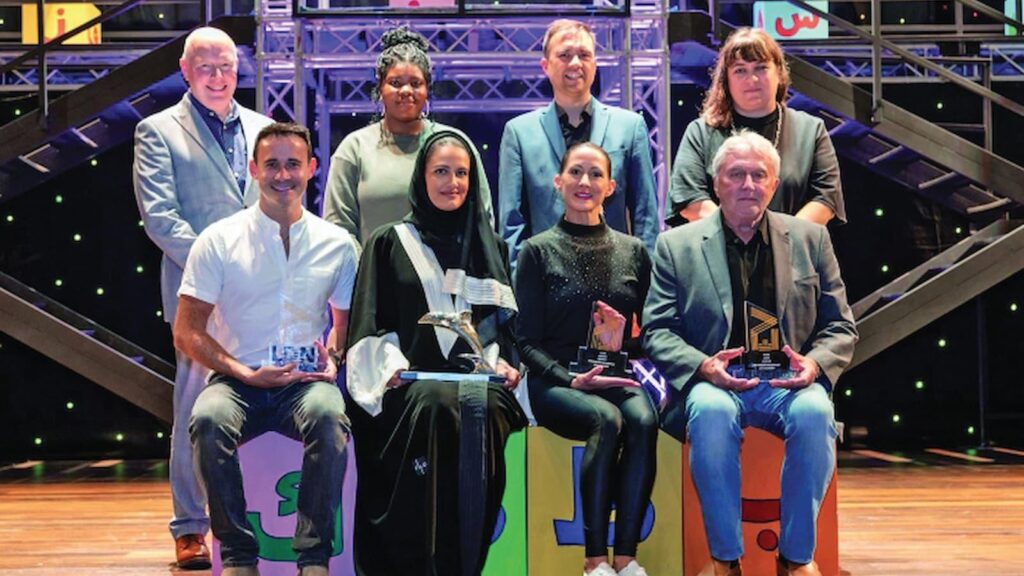
_________
QATAR
